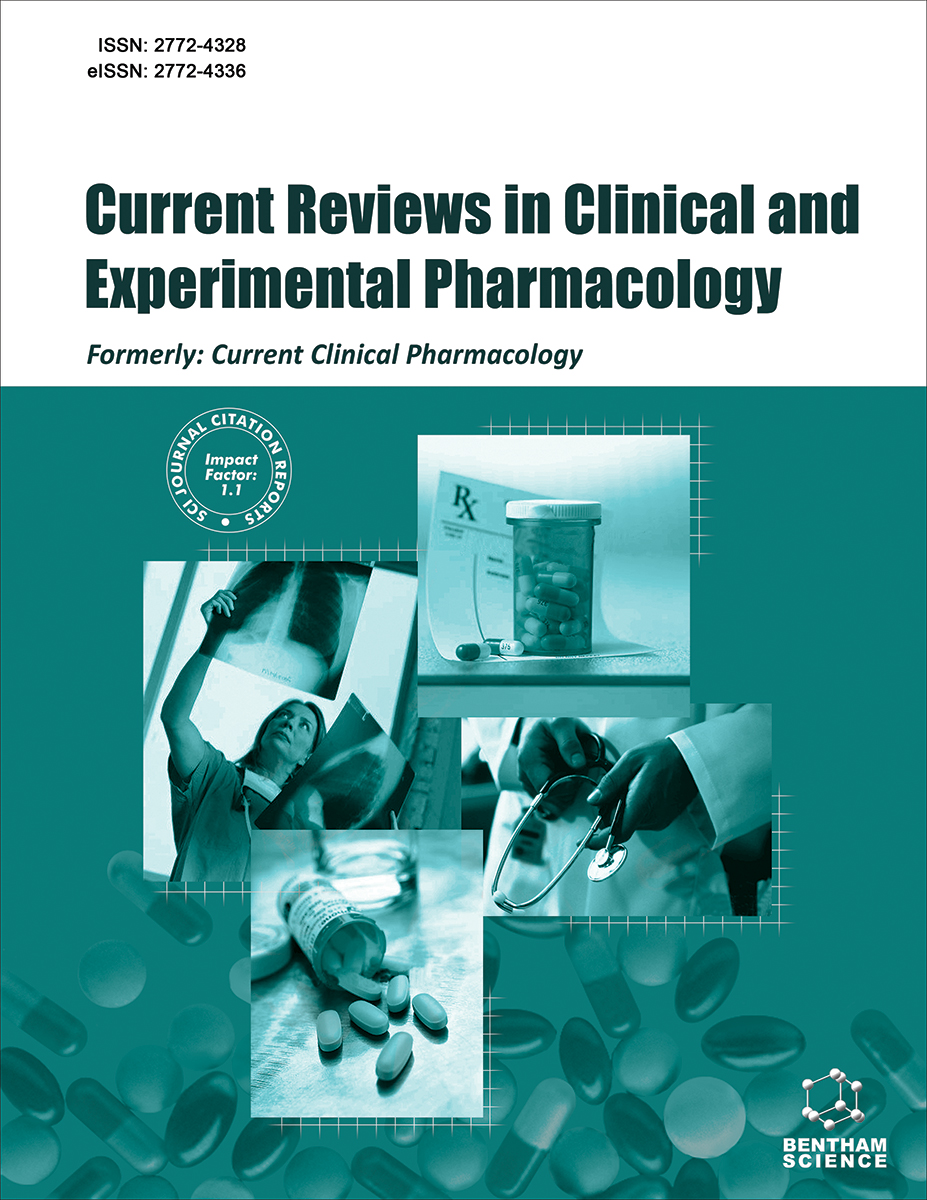
Full text loading...
Previous genetic studies on the genetic makeup of Arab populations highlight the diversity resulting from the distribution of specific genetic markers among various Arab descendant populations. Different genetic variants classified as clinically significant have been identified, impacting the response to administered drugs. Absorption, distribution, and excretion of drugs throughout the human body are managed through the actions of drug transporters and receptor proteins, which are expressed on the cellular membrane. Drug metabolism involves activating or inactivating various compounds, transforming them into therapeutically active or toxic metabolites. With the rapid advancement of pharmacogenetic testing techniques and increased genetic studies involving Arab populations, insights into genetic polymorphisms have emerged, leading to a better understanding of the diverse phenotypes of drug response associated with genotype variation. Variations in transporters and receptor genes have significantly contributed to generating variant phenotypes that affect individuals' responses to treatments and substrates. This necessitates administering individualized drug doses based on the patient's haplotype, which can be determined through advanced genetic diagnosis. This review summarizes the findings of recent pharmacogenetic studies in the Arab world, emphasizing the benefits of pharmacogenetic research and applications to enhance therapeutic aspects of healthcare and treatment among patients in Arab countries.

Article metrics loading...

Full text loading...
References


Data & Media loading...

